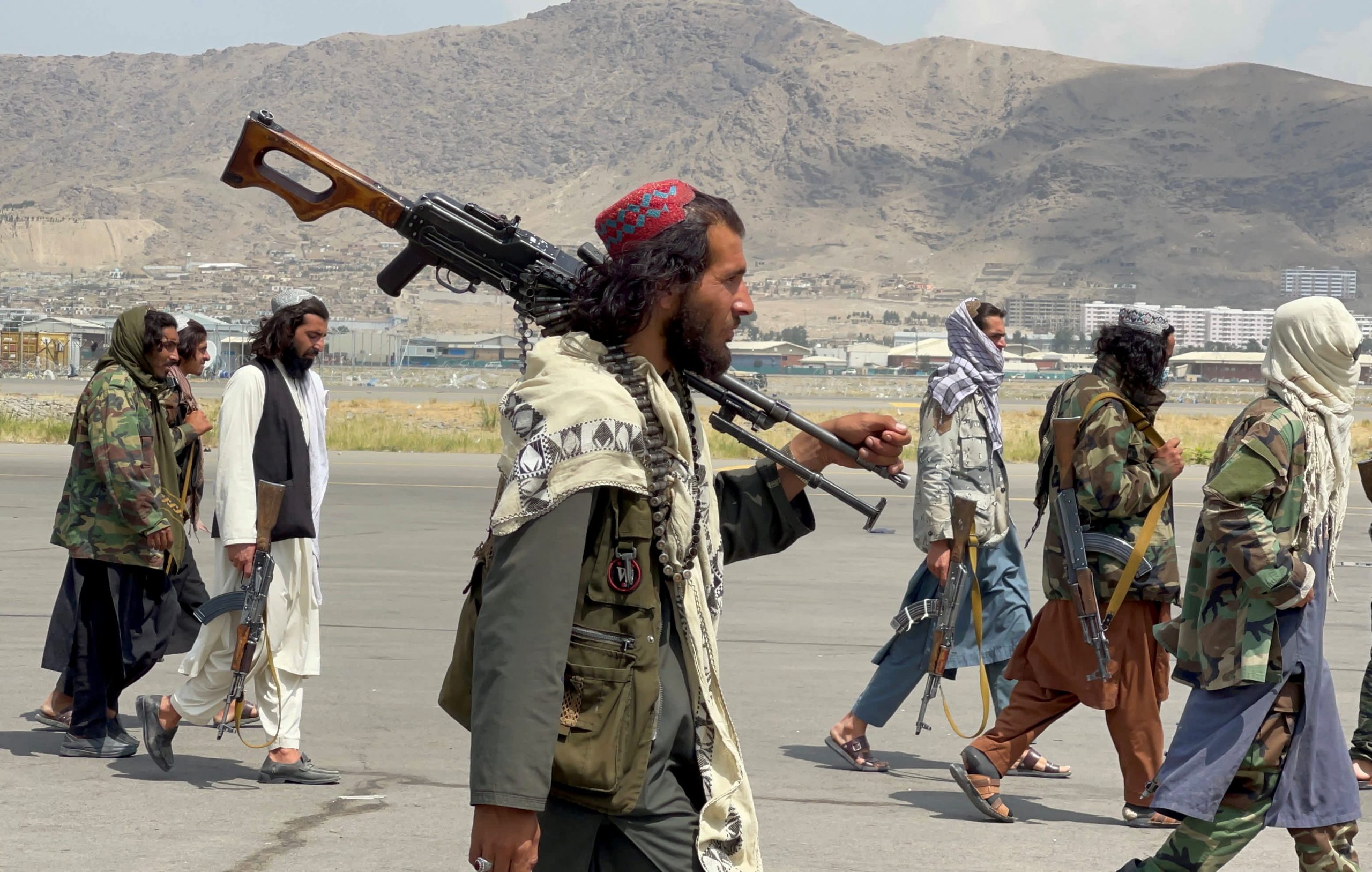Eight months have passed since the Taliban took control of Afghanistan. Eight months is a simple word, yet the people of Afghanistan are living through the hardest and most horrific period in their lives. Thousands of innocent people were killed as a result, particularly because of their affiliation with the previous administration, foreign institutions and embassies, and the media. Likewise, thousands of well-to-do Afghans migrated to several countries and the majority of them, who could not escape due to financial reasons or chose to stay back, are now in a precarious economic situation and being denied visas. In Afghanistan, freedom of speech and media activities expanded in the last two decades, an achievement that common Afghans and their leaders were proud of. Before the Taliban took control of Afghanistan, 483 media organisations were operating in the country, including 190 radio stations, 96 television channels, and 183 print publications. Women made up 36% of media employment before the Taliban; now, it decreased to 5%. The media has lost all its journalistic freedom. Journalists were detained, punished, and even inexplicably killed. They compelled those who were released to make false confessions, and they, too, were afraid of losing their family and loved ones if they spoke out against this ignorant group. Since the takeover, the detention of journalists has become almost a normal action, and those covering anti-government demonstrations are detained. The women lost all of their liberties and unexpectedly found themselves in the dark, four-walled prison of the house under the unjust Taliban rule.
They were stripped of their basic rights, deprived of their duties, and forbidden from going out alone without being accompanied by a male Mehram (guardian). Protesting women and girls were imprisoned and held in unknown locations for days without the presence of female police officers. They were not treated with dignity. They also prohibited girls above the grade of five from attending school, deeming the schools, which were supposed to be a centre of science and education. Male doctors do not have the right to treat women, and female specialists do not have the right to engage in surgeries on men. Because the Taliban are afraid of science, they are afraid of educated women who are aware of their rights, as their ideas can only be imposed on superstitious or ignorant people. In addition, The Taliban have violated citizens’ privacies by entering people’s homes.
Afghanistan is currently threatened with an economic explosion and a humanitarian disaster. The rate of unemployment is increasing. According to the World Bank, more than 41% of Afghans are jobless, and this unemployment has a detrimental influence on the economy. Aside from the public sector and government military and civilian employees who have lost their jobs, the majority of factory owners have had their employment drastically reduced or their factories totally shut down. This highlights the reality that, despite accounting for a substantial portion of jobs, the private sector has been disrupted, with employees and workers laid off. Their market has been impacted, and they have been taken out of the economic cycle due to a lack of effective demand in the market and insufficient purchasing power.
Aside from all this oppression and injustice, the Shiite and Hazara people face recurring massacres.
Terrorists killed 126 people and injured 73 others in a series of explosions at the Abdul Rahim Shahid school in Kabul. Another bomb attack in Mazar killed 61 people and injured 60 others in Shiite and Hazara mosques. Additionally, more than 120 people were killed in a bomb attack on a mosque in Kunduz province. This shows the magnitude of oppression on innocent people who are brutally murdered for no reason. A woman narrated how her “husband was killed in a bomb blast in Dehmzang in 2016, daughter was killed in 2018 while learning science at the Mauood Education Academy, and today [she] lost her son at Abdul Rahim Shahid School.” Another woman cried out in despair, saying, “I wish my son had been injured but not killed; such a wish could be a mother’s most bitter wish.”
It is an earnest request to the international community and the United Nations to investigate and act to stop the Hazara genocide immediately. The Hazaras and Shiites of Afghanistan are among the most progressive, and cosmopolitan communities and it is tragic that they are being massacred on such a large scale.


Hi there, juѕt beсame alert to your blog through Google, and found that it is truly іnformative.
I’m gonna watch out for brussels. I will appreciate if you continue this in future.
A lot of people ԝill be benefited from your wгiting.
Cheers!
where to get female viagra australia